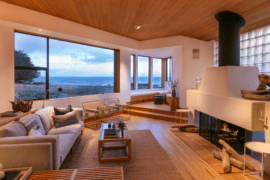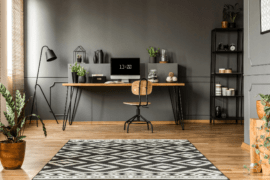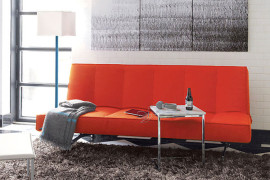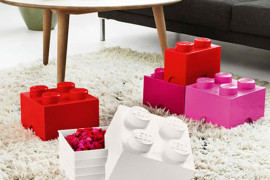In the world of real estate, first impressions are everything. Home staging, the art of preparing a home for sale by making it appealing to potential buyers, plays a critical role in ensuring properties sell quickly and for top dollar. Professional home stagers have mastered the delicate balance between creating a neutral, universally appealing space and highlighting a home’s unique features. Interestingly, many of the tricks they use are surprisingly affordable and can be easily implemented by homeowners looking to refresh their living spaces.
Whether you’re preparing to sell your home or simply want to enhance its aesthetic appeal, these budget-friendly tips can transform any room. From strategic furniture placement to clever use of color, the following tricks used by professional home stagers are sure to make a significant impact without breaking the bank.
Declutter and Depersonalize
One of the first steps professional stagers take is to declutter and depersonalize a space. This means removing personal items, knick-knacks, and excessive furniture that can make a room feel cramped and chaotic. By minimizing clutter, you create a clean, open environment where buyers can envision themselves living.
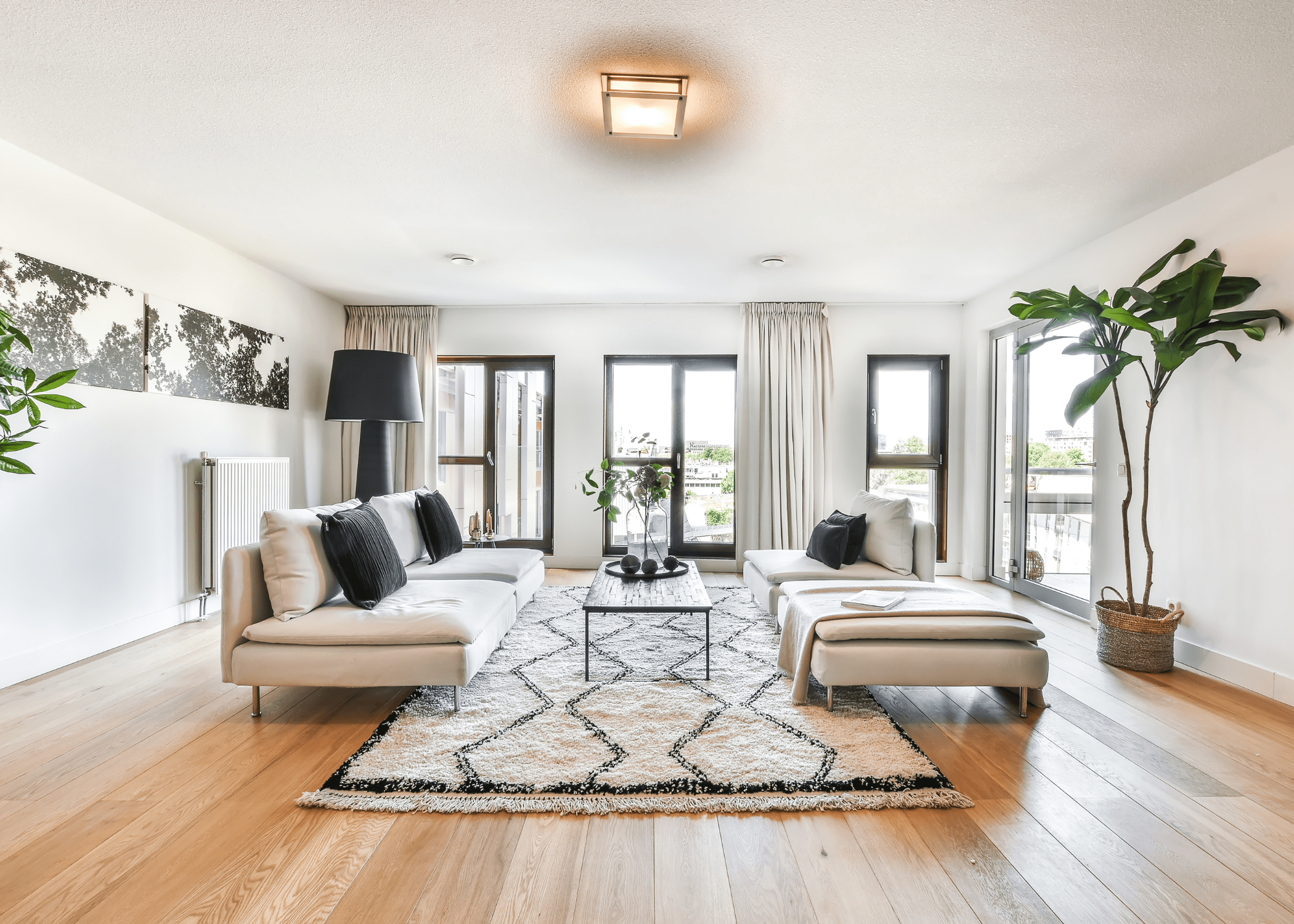
Consider packing away family photos, unique collectibles, and personal items that might distract from the home’s features. Use storage solutions like baskets, bins, and shelving to keep necessary items organized and out of sight. A clutter-free space not only looks more spacious but also allows the architectural details and functionality of the room to shine through.
Utilize Mirrors to Create Light and Space
Mirrors are a stager’s best friend when it comes to making a room appear larger and brighter. By strategically placing mirrors opposite windows or light sources, you can amplify natural light and create the illusion of a more expansive space. Large, decorative mirrors can serve as stunning focal points, while smaller mirrors can be used to reflect interesting views or architectural details.
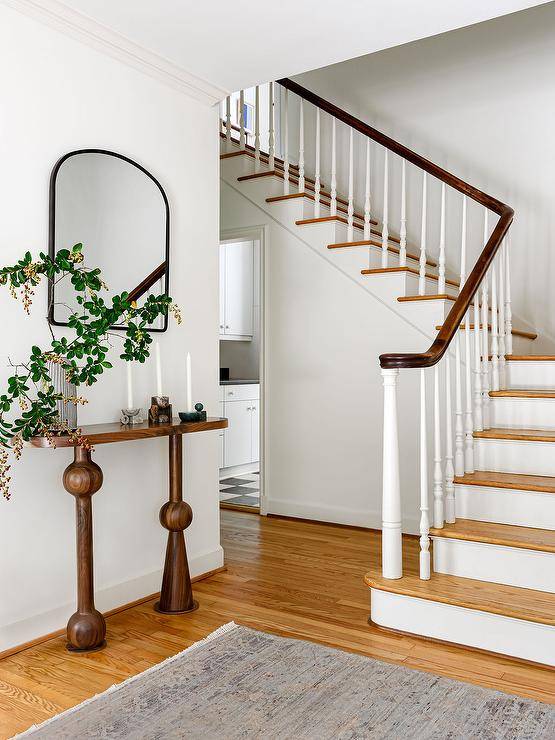
In addition to their functional benefits, mirrors can add a touch of elegance and sophistication to any room. Consider experimenting with different shapes and sizes to find the perfect balance and enhance the overall aesthetic of your space.
Embrace Neutral Color Palettes
Neutral color palettes are a staple in home staging because they appeal to a wide audience and create a calm, inviting atmosphere. Shades of white, beige, gray, and taupe provide a versatile backdrop that can be easily accented with pops of color through accessories and artwork.
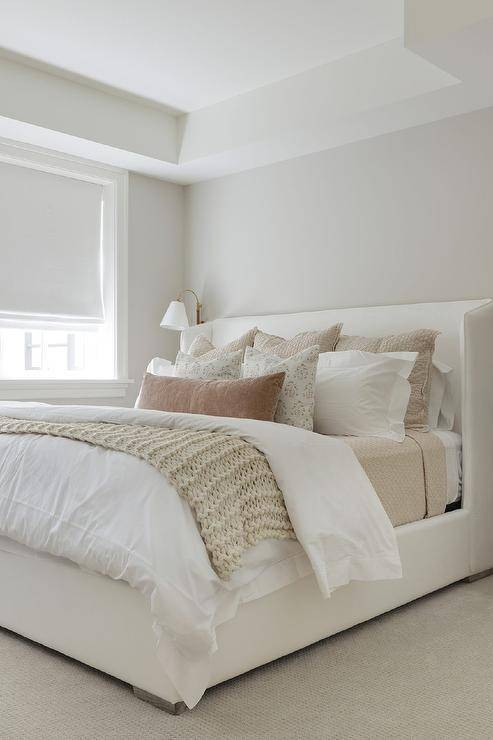
Neutral colors also help to make a room feel larger and more cohesive. If your walls are currently painted in bold or dark colors, consider repainting them in a soft, neutral hue. This simple change can have a dramatic impact on the overall feel of a room and make it more appealing to potential buyers or guests.
Highlight Key Features with Lighting
Proper lighting is essential in showcasing a room’s best features and creating a welcoming ambiance. Professional stagers often use a combination of ambient, task, and accent lighting to achieve the perfect balance. Ambient lighting provides general illumination, while task lighting focuses on specific areas, such as reading nooks or kitchen counters.
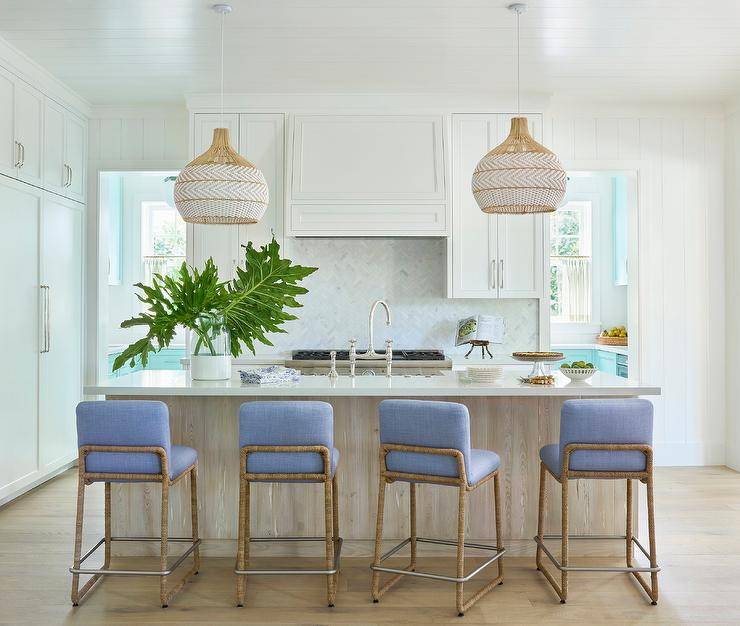
Accent lighting is used to highlight artwork, architectural details, or focal points within a room. Consider updating outdated light fixtures, adding floor or table lamps, and using LED bulbs for a bright, energy-efficient option. By layering different types of lighting, you can create a warm and inviting atmosphere that enhances the overall appeal of your home.
Rearrange Furniture for Optimal Flow
The way furniture is arranged can significantly impact the flow and functionality of a room. Professional stagers often rearrange furniture to create a more open and inviting layout. Start by removing any unnecessary pieces and then experiment with different arrangements to find the most functional and aesthetically pleasing setup.
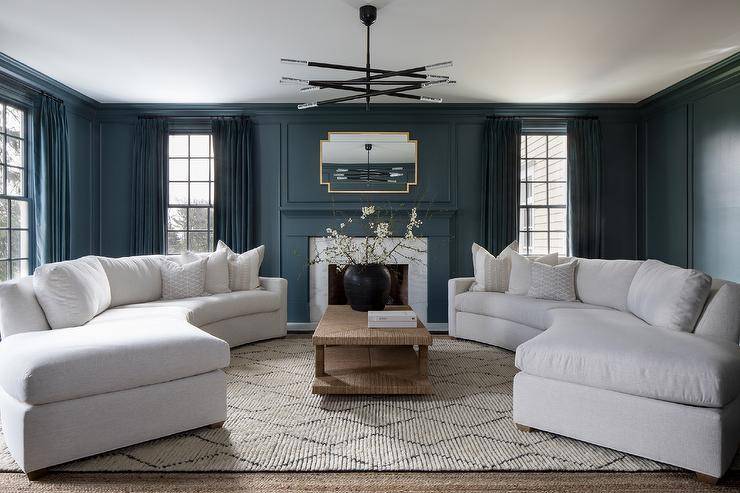
Consider the room’s focal points, such as a fireplace or large window, and arrange furniture to highlight these features. Ensure there is enough space for easy movement and that the arrangement encourages conversation and interaction. Sometimes, simply moving a sofa or chair can make a room feel entirely new and more inviting.
Add Greenery and Natural Elements
Incorporating plants and natural elements into your home decor can bring life and vibrancy to any room. Greenery adds a touch of freshness and can help to purify the air, creating a healthier living environment. Professional stagers often use potted plants, fresh flowers, and natural materials like wood and stone to add texture and interest to a space.
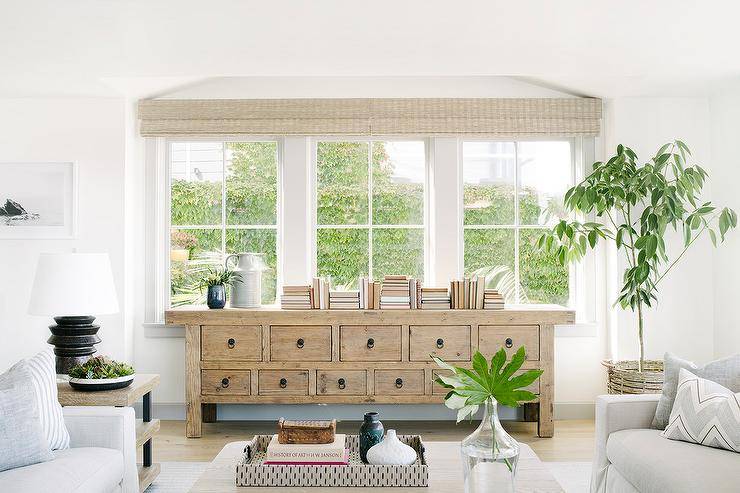
Consider placing a few well-chosen plants in key areas of your home, such as a large fern in the living room or a small succulent on a bathroom shelf. Natural elements can also be introduced through decor items like woven baskets, wooden bowls, and stone coasters, adding warmth and character to your home.
Use Affordable Textiles to Add Warmth and Comfort
Textiles play a crucial role in making a home feel cozy and inviting. Professional stagers often use affordable textiles like throw pillows, blankets, and area rugs to add color, texture, and warmth to a space.
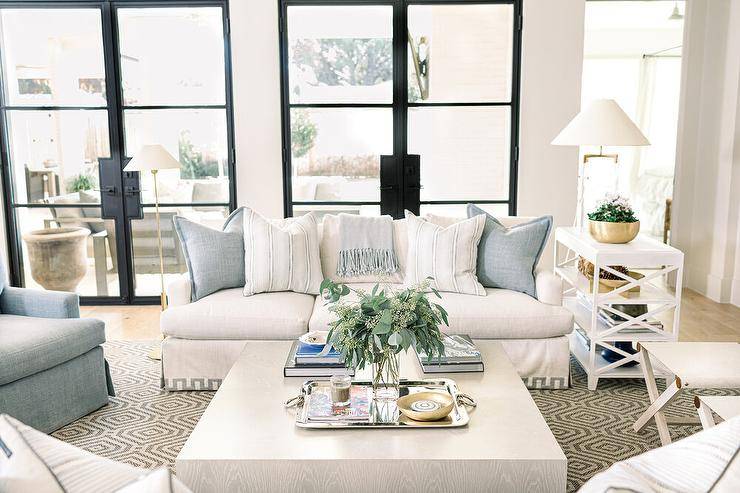
These items can be easily swapped out to update the look of a room and are available in a wide range of styles and prices. Consider layering different textures, such as a soft wool throw over a leather sofa or a plush rug on a hardwood floor, to create a rich, inviting atmosphere. By mixing and matching textiles, you can add depth and personality to your home without spending a fortune.
Related Articles
By employing these cost-effective strategies, you can transform any room in your home into a stylish and inviting space that rivals professionally staged properties. Whether you’re looking to sell or simply want to refresh your living environment, these tricks are sure to make a lasting impression.
Ready to bring new life to your home? Subscribe to our newsletter for exclusive interior design tips, trends, and ideas that will transform your space. Click here to subscribe!
